Register for free and continue reading
Join our growing army of changemakers and get unlimited access to our premium content
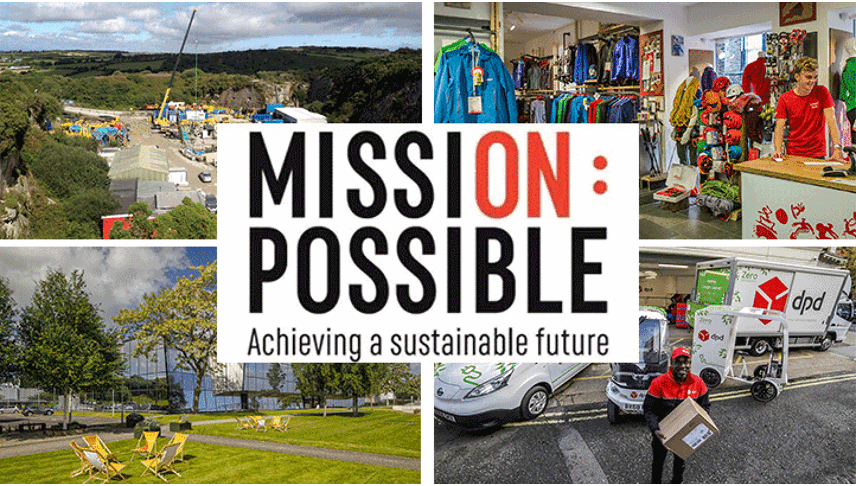
Published every week, this series charts how businesses and sustainability professionals are working to achieve their ‘Mission Possible’ across the campaign’s five key pillars – energy, resources, infrastructure, mobility and business leadership.
Across the UK and the world, leading businesses, cities, states and regions are turning environmental ambitions into action. Here, we round up five positive sustainability stories from this week.
ENERGY: Geothermal plant in Cornwall secures £15m of funding
The team behind the UK’s first integrated deep geothermal power and heat project celebrated securing £15m of new funding this week. Geothermal Engineering has secured £12m from Kerogen Capital and £3m from Thrive Renewables, which will be used to develop the United Downs project near Redruth, Cornwall.
The project is expected to enter operations next year, providing up to 10MWh of heat and 2MW of electricity. The heat will be used at a nearby social housing estate, currently under development.
Geothermal Engineering will also use some of the funding to begin preparing other sites for which it has planning permission; it is aiming to generate 25MW of electricity and 100MWh of renewable heat per year by 2028.
“We believe geothermal in the UK has enormous potential to create a new industry, grow a domestic supply chain and drive employment,” said Kerogen Capital’s co-founder and chief executive Jason Cheng.
“The UK has large geothermal natural resources with the potential to satisfy the UK’s entire heat demand, as well as playing a significant role in decarbonising heat and power. In addition, geothermal can provide security and independence from imported energy.”
RESOURCES: TerraCycle expands syringe filter recycling scheme
Plastics are used in at least 80% of disposable items used in the life sciences industries and these items are typically hard-to-recycle because they contain multiple components of differing materials.
In a drive to boost recycling rates for items including syringe filters, conical tubes and filtration devices, life sciences giant Cytiva has been working with TerraCycle to operate a recycling scheme in the US. This week, the two companies confirmed the expansion of the scheme to the UK, Germany, France, Canada, Australia and the Netherlands.
Under the scheme, businesses in eligible sectors can place a box for used items at their premises for free. Each box can hold up to 16kg of waste – around 5,000 syringe filters. Once full, the boxes are collected and the contents recycled into things like outdoor furniture and materials for industrial use. Sectors covered by the scheme include pharmaceuticals, food and beverages, bioethanol and water.
Cytiva’s programme director, sustainability, Ryan Walker, said: “The global expansion of our collaboration with TerraCycle demonstrates our commitment to recycling single use plastics across industries and regions. It’s part of how we are adding circularity into our product life cycle. We will continue looking for ways to offer our customers sustainable business solutions .”
MOBILITY: Geopost gets SBTi stamp of approval for 2040 net-zero plan
You may not have heard of Geopost, but it is one of Europe’s largest parcel delivery firms and the parent company of DPD. It operates more than 1,200 hubs and depots and more than 80,000 vehicles.
This week, Geopost had its new near and long-term climate targets validated by the Science-Based Targets Initiative (SBTi), after submitting them in July 2022. The near-term targets entail reducing emissions across all scopes by 43% by 2030, against the baseline of the 2020 financial year. This target is 1.5C-aligned.
In the long-term, Geopost is working towards a 90% reduction in absolute emissions across all scopes by 2040, with the same baseline. This is compliant with the SBTi’s Net-Zero Standard.
Geopost is notably a member of the Climate Group’s RE100 and EV100 initiatives on 100% clean energy procurement and fleet electrification.
DPD UK’s chief executive Elaine Kerr said: “We are very proud indeed to be part of the first global parcel delivery group to have its CO2 emissions reduction targets approved by the SBTi. It is a clear endorsement of the wide-scale, science-based approach and the level of investment being made.
“In the UK, we have already made giant steps towards a net-zero future and we will continue to work closely with our colleagues across Europe to share best practice and insights as we progress towards our goals.”
THE BUILT ENVIRONMENT: Finance firmed up for major retrofit of a Leeds business park
A report from Green Alliance this week warned that the UK’s construction sector will not comply with legally binding national climate targets without significantly reducing its use of high-carbon raw materials. The report emphasised the importance of choosing retrofitting over demolition and new build wherever possible – a step-change from the current situation in which some 50,000 buildings are demolished annually across the UK.
Also this week, we heard news that property developer and investor Munroe K has secured a £67m funding package from Lloyds Bank to complete a sustainability-focussed retrofit of the White Rose Business Park in Leeds.
Through the retrofit, the energy performance certificate (EPC) rating of the park’s buildings will be increased to ‘A’. Munroe K will also install 150 electric vehicle (EV) charging points at the park throughout the retrofit, which should be completed by 2027. Through improvements to energy efficiency and transport infrastructure, as well as green spaces and clean energy procurement, Monroe K is aiming for the site to be carbon-neutral in operations by 2030.
Monroe K’s chief executive David Aspin said: “White Rose Park has a successful history of attracting and retaining blue-chip occupiers, with many expanding their presence at the site. However, as our tenants set increasingly ambitious sustainability goals, they need a workspace that will help them to achieve this.
“Our investment in this upgrade will meet those needs and, with the opening of White Rose Railway Station coming soon, it will also further improve commuting options for their employees as well as access to new talent.”
Tenants at the site include consulting giant Capita, telecoms multinational DAZN Group and the NHS.
BUSINESS LEADERSHIP: Alpkit hits science-based emissions targets seven years early
March is B Corp month so, naturally, our business leadership success story this week comes from a certified brand, namely outdoor clothing and kit brand Alpkit. Alpkit has this week launched its latest sustainability report, confirming that it has met or exceeded many of its environmental ambitions ahead of time.
The business has, for example, reduced Scope 1 and Scope 2 emissions by 46% from a 2019 baseline year. It had originally been aiming for this level of reduction by 2030, under an aim verified in line with 1.5C by the SBTi. It will now focus on measuring and reducing Scope 3 emissions, then work to develop firmer plans to reduce emissions intensity across all Scopes by at least 90% by 2050.
Alpkit’s sustainability report also confirms that 99.9% of the packaging used in orders in 2022 was plastic-free, following work with factories to phase out plastic bags wherever possible.
Alpkit chief executive David Hanney wrote in his foreword to the eight-page report: “We are far from perfect and there is much to do before we can truly claim to be a sustainable business. But our priorities are unchanged. This is our optimist’s manifesto.”
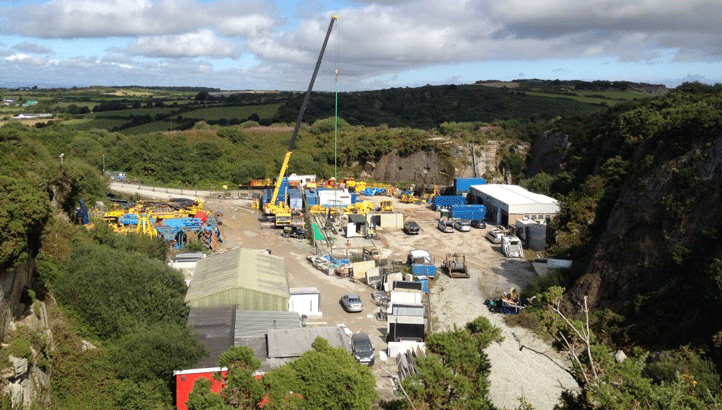
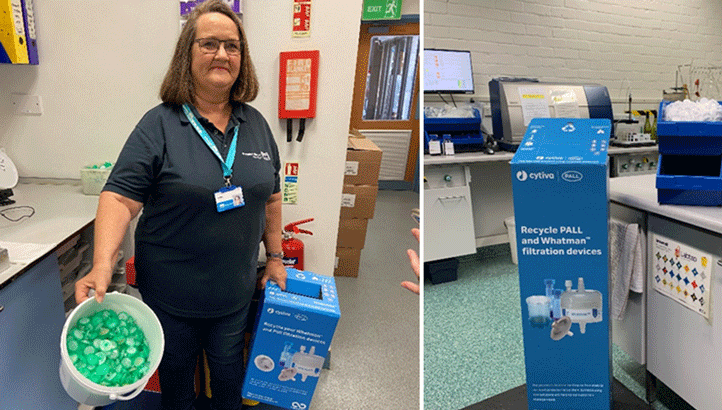
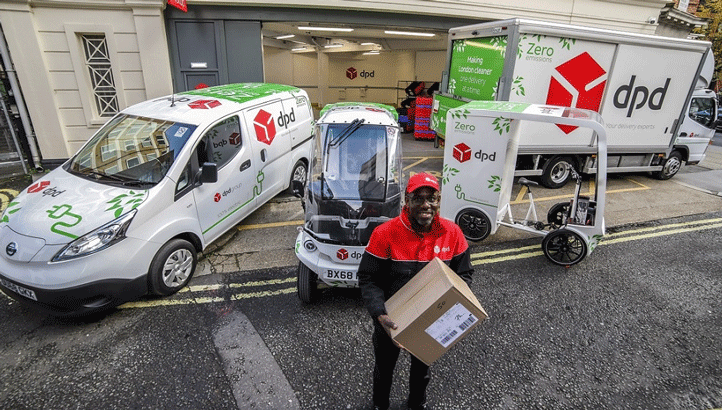
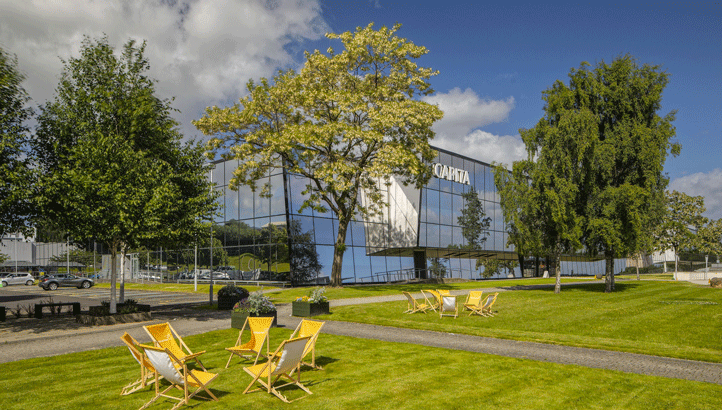
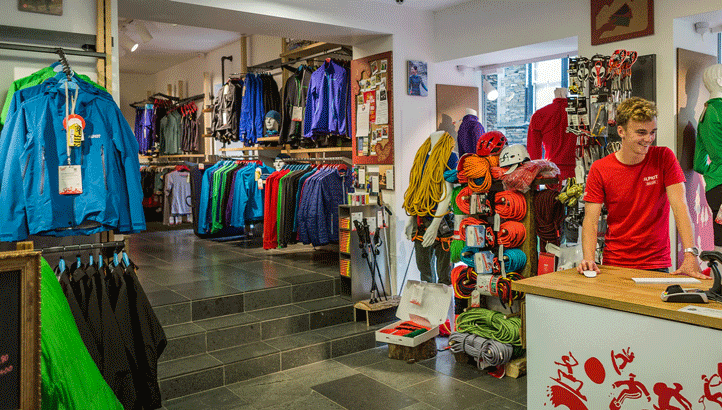


Please login or Register to leave a comment.